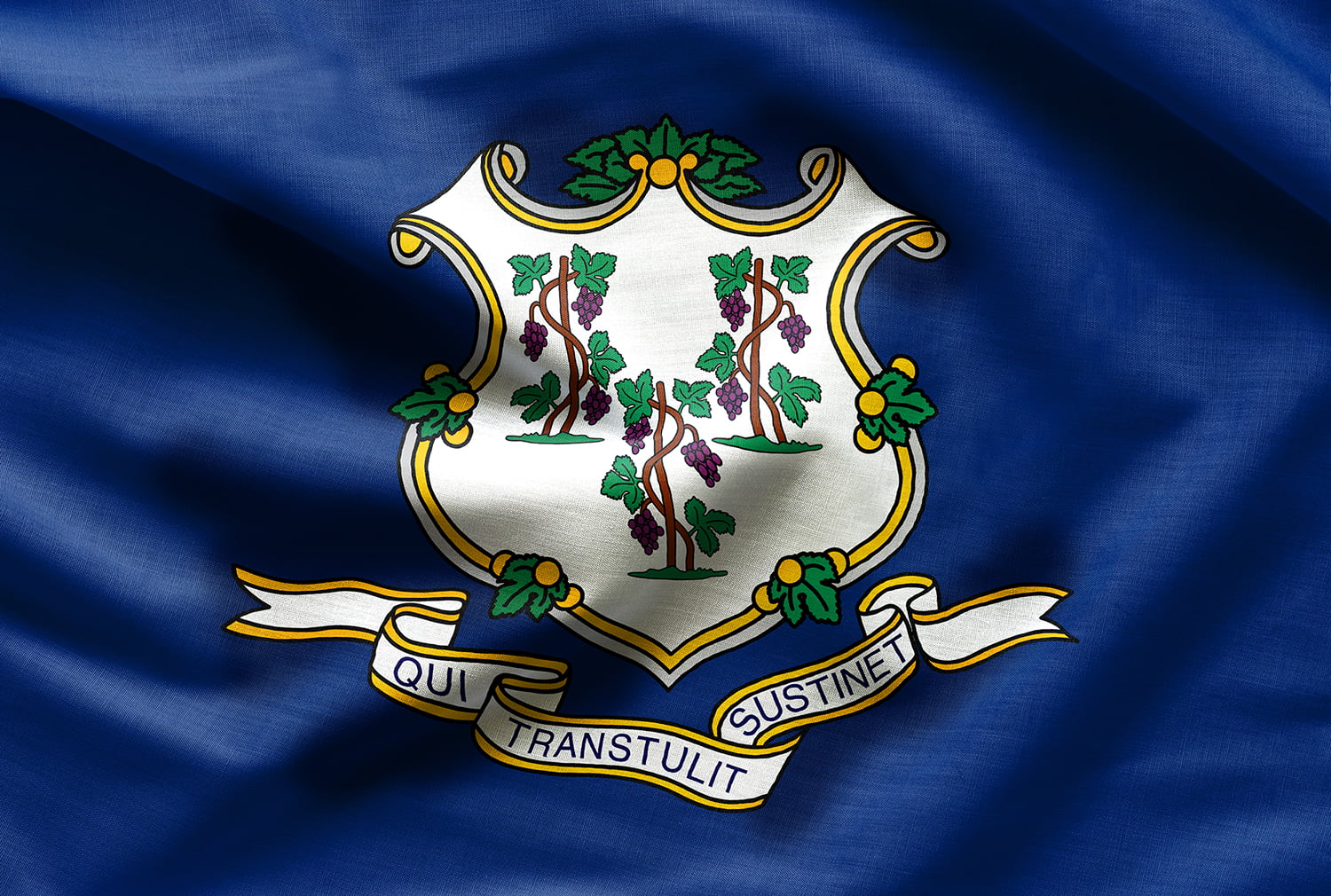
Facts about MyCTSavings
Overview
Connecticut has established an auto-IRA program that requires employers without a retirement plan to automatically enroll their workers, who are allowed to opt out. Connecticut was one of the first states to enact legislation for an auto-IRA program, and its program went live in April 2022.
To date, Connecticut has 3,011 employers submitting payroll deductions and 34,506 workers with funded accounts (see Table 1).
Table 1. Overview of MyCTSavings
| Design | Rollout | Status (as of September 30, 2025) |
| Mandated for employers without a retirement plan with 5+ employees | Rollout to employers in progress | 3,011 employers submitting payroll deductions in the last 90 days |
| 3% default contribution rate | Rollout to workers in progress | 34,506 workers with a funded account |
| Firms that fail to register may face a penalty | Registration deadline has passed for all firms | $52.8 million in assets |
Source: Connecticut Retirement Security Program (2025).
Employers
As of September 30, 2025, 3,011 employers in Connecticut were submitting payroll deductions to MyCTSavings in the past 90 days (see Table 2). Employers with five employees or more are required to participate in the program. Employers are exempt if they do not have five or more employees who were paid $5,000 or more in taxable wages in the previous calendar year. Employers subject to the mandate will be monitored for compliance. If they fall out of compliance or fail to register, they could be subject to an investigation and penalties.
Table 2. Number of MyCTSavings Employers with Payroll Deductions in the Last 90 Days
| Period | Employers |
| 2024-Q4 | 2,849 |
| 2025-Q1 | 2,827 |
| 2025-Q2 | 2,961 |
| 2025-Q3 | 3,011 |
Source: Connecticut Retirement Security Program (2025).
Employees
As of September 30, 2025, the number of employees with assets in the MyCTSavings program is 34,506. Given the much shorter period that the program has been in existence, account balances are currently lower than in California, Illinois, and Oregon. Participants who do not make any investment selections will have their contributions invested in a money market fund; after 60 days, their assets will be moved into an age-appropriate target date fund. As of the most recent month, roughly 18 percent of eligible workers have chosen to opt out of participating (see Table 3).
Table 3. Selected MyCTSavings Employee Outcomes
| Period | Number of accounts (with balances) | Average account balance | Reported opt-out ratea,b |
| 2024-Q4 | 30,131 | 1,168 | 18 |
| 2025-Q1 | 31,214 | 1,249 | 18 |
| 2025-Q2 | 32,809 | 1,477 | 18 |
| 2025-Q3 | 34,506 | 1,531 | 18 |
a The participation rate is not necessarily equal to one minus the opt-out rate. See Quinby et al. (2019).
b The opt-out rate is defined as the percentage of savers who opt out in the first 30 days.
Source: Connecticut Retirement Security Program (2025).
Assets
The program, which is intended to eventually become financially self-sufficient, had assets under management of $52.8 million by the end of September 2025 (see Table 4). To pay for its operating costs, MyCTSavings and the Program Administrator collectively charge a fixed annual fee of $26 and an asset-based fee of approximately 0.22 percent.
Table 4. Assets in MyCTSavings
| Period | Assets (in millions) |
| 2024-Q4 | 35.2 |
| 2025-Q1 | 38.9 |
| 2025-Q2 | 46.1 |
| 2025-Q3 | 52.8 |
Source: Connecticut Retirement Security Program (2025).



